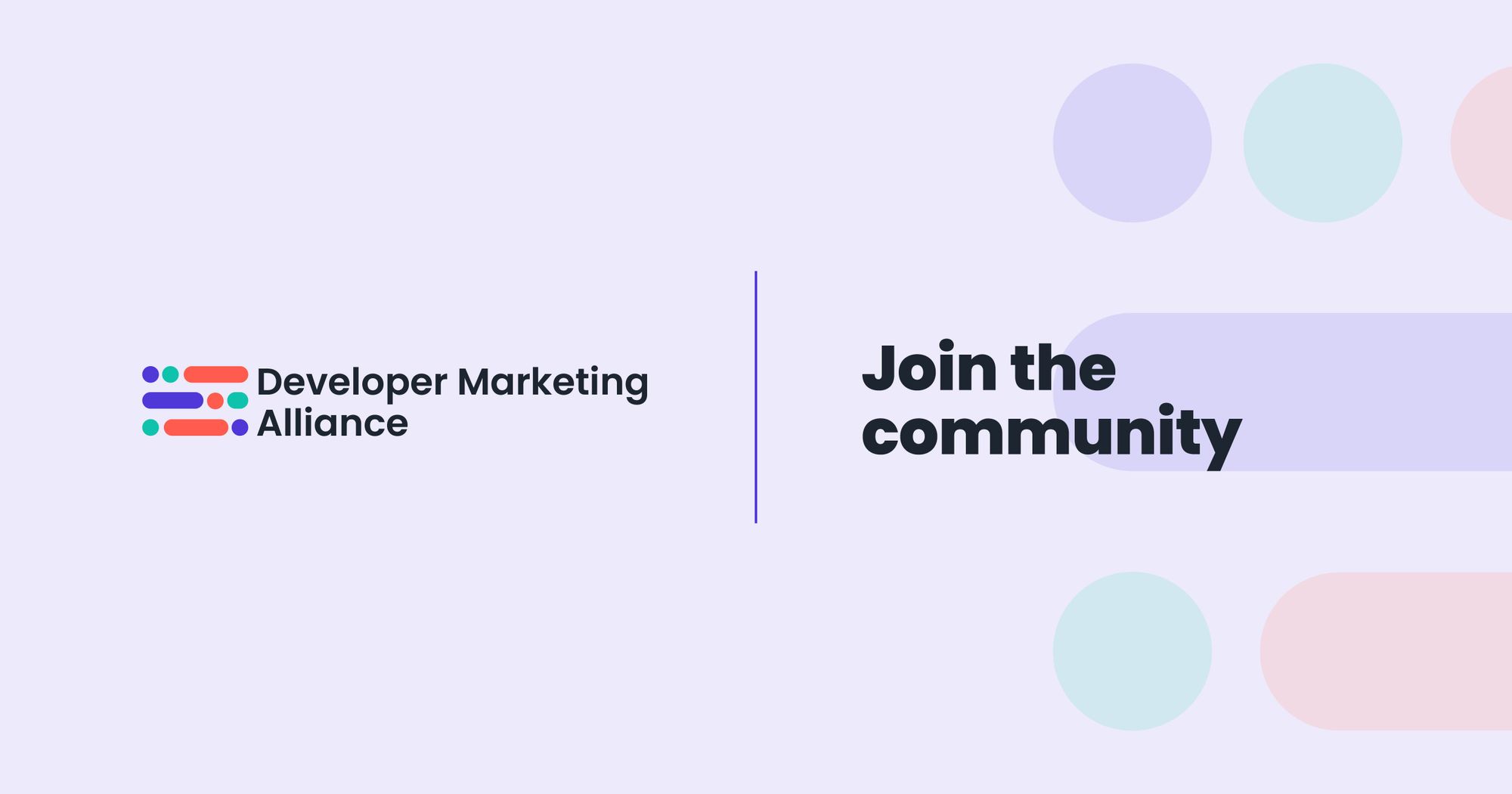Al Dea is a product marketer working at the intersection of people, technology, and society and is passionate about helping people and organizations navigate transformation.
Q: Can you tell us a bit about your own career journey so far?
A: Growing up, I think I realized that there were three things that I loved. The first was working in teams, I love working in teams, working with other people.
The second thing I loved was solving problems. I've always been very curious and I've always loved being able to look at a problem, trying to find creative ways to solve it, and then working towards actually achieving a goal.
The last thing that I really enjoyed was being at the nexus of a bunch of different groups or teams. In college, this all led to me studying business and theology. I ended up doing what a lot of business and theology majors do. I went into management consulting.
So, I started my career as a management consultant, worked at Deloitte Consulting for a number of years, went back to go and get my MBA, and returned to Deloitte for a few more years. I then pivoted into product marketing, where for the past four years or so, I’ve been at Salesforce doing product marketing for the customer success and professional services organization there.
I do think those three things I highlighted really emphasize both my time as a consultant, as well as my time as a product marketer.
Q: How have you found your theology background has helped you in your business dealings, whether as a consultant or as a product marketer?
A: I think a lot of my theology classes involved a lot of reading, a lot of writing, a lot of sharing ideas. Exams, oftentimes, were you having a conversation with a professor or you writing a very long paper.
At the time in college, my business classes were really about understanding and learning the fundamentals of business. A lot of times that involved working in teams, being in a group project, and putting together presentations, or having to learn equations or a lot of more quantitative stuff. Just from a sheer right brain vs left brain perspective, it was a really great blend in terms of really stretching my mind in different ways.
I think where theology has really come into help, it's helped me understand that the world is a big place, and that there are a lot of people in the world with a lot of different ideas and beliefs of who they are and what the world means. And it's given me a broader perspective in terms of the work that I've done in my career, or just my everyday dealings.
It's also really forced me to think deeply about the underlying beliefs of different people and how they think and operate, which I think has given me a greater sense of empathy. This is often talked about as a really critical skill as a product marketer.
Q : How has your time in consulting made you a better product marketer?
A: I think to start, I liken being a consultant to being a professional problem solver. Your job is for you to solve problems and challenges that your clients can't solve on their own, or that they want other people to help them solve and think through.
If you were like me and you worked in consulting, the ways in which you're taught to think and frame problems are super valuable to whatever you end up doing as a product marketer. I think that general problem-solving mindset was super, super valuable.
I think the second thing that was valuable: working in consulting is very much a cross-functional opportunity. It’s cross-functional in the sense that a lot of times you show up to the client with you and the team, but you're relying on other folks within your company to help in certain ways. You have to bring them into the fold. It’s cross-functional in the sense that sometimes you're working with a client, and maybe another consulting firm and another vendor.
Q: What were your reasons for pursuing an MBA, and can you give any advice or things to consider for anyone thinking about pursuing an MBA themselves?
A: I think if education is an important value to you growing up, it’s going to come up and help you stay on top of things in later life. I think as I got older and more into my career, I very quickly realized a couple of different things.
Number one, I knew that even early on in my career, I didn't know what the rest of my career was going to look like, but I wanted to be a leader of people and a manager.
I knew that an MBA education was a lens where I could really develop some of those leadership and management skills outside of what I was already getting at the current juncture.
But whether other people should pursue it, just think about where we are today, we just have gone through a huge transformation, whether we wanted to or not, over the past 18 months. We go through multiple transformations in terms of life and work and the way in which the world is. If anything, it's only going to get faster. What that really means is that the market is evolving. If we're not, we're falling behind. I think that in order to keep up with that, people, employees, managers, leaders, they're going to continuously have to learn and relearn.
Q: Can you give us an idea of what you feel a successful start to a career in product marketing looks like?
A: I think, first and foremost, doing exceptional work solves a lot of challenges right off the bat. I know it's a pretty trite thing to say but it often is true. And so the quicker you can get to producing successful work, it’s really going to help you ramp up. It's going to buy you some credibility, as well as some gravitas with your peers, whether those are teammates or whether those are your cross-functional partners.
Being able to do successful work I think is a combination of three things. Number one, it's an understanding of what ‘good' looks like, and then number two, it's actually having the tools to go and do it.
The third element is making sure other people are aware of what you're doing and understand the impact of what you're doing. Understanding what ‘good’ looks like really comes from taking the time to talk to other people in your company to understand what a good launch looks like. What does a good sales playbook look like? What does a good messaging and positioning doc look like? What does a good product roadmap look like?
You're not going to get it right all at once but you have to have the drive and the groundedness to iterate, to get feedback, to work through that messy middle sometimes to get towards the end result.
You also have to be able to make sure others know what you're working on and the impact of it. If you do this exceptional work that makes an impact, but nobody knows about it, what did you really do? That's an unfortunate kind of thing about just working in a large company that has a lot of stuff going on at once.
Q: Do you have any recommendations, insights, or suggestions on how someone should approach their first 30- 90 days?
A: I think a lot of times, it's very easy to approach a 30-90 day plan like a to-do list. But I think the better way to think about it is from an outcomes perspective. The difference being that you’re really anchoring on the value that you're producing versus the inputs that you're just checking off the box.
You don't necessarily have to have the answers. Part of the reason why you're going to work for this company, and why you have a manager in the first place is because part of their job is to help you think through this. And so if you don't have all the answers, that's okay.
But even just trying to make sure that you're anchoring on that is really important. I think the second thing I would think about is listening versus doing. When you're a kid, your parents tell you, “you have one mouth and two ears for a reason.” I think that's really important, particularly when you're first starting at a company.
When you start, it's really important to get the right balance of listening and understanding. That was something I learned a lot working in consulting. A lot of times we were coming into organizations where you'd have these people who have been there for 25 years, and it would be naive for me to think that their value and the insights they bring isn't as nearly as important or just as important as what I would bring in.
The last point I would emphasize is: relationships. Really think about who the people that you need to get to know are. You need to build trust with them really fast. Make sure you're spending enough time doing that.
Want to network with other developer marketers? Join our Slack community!





